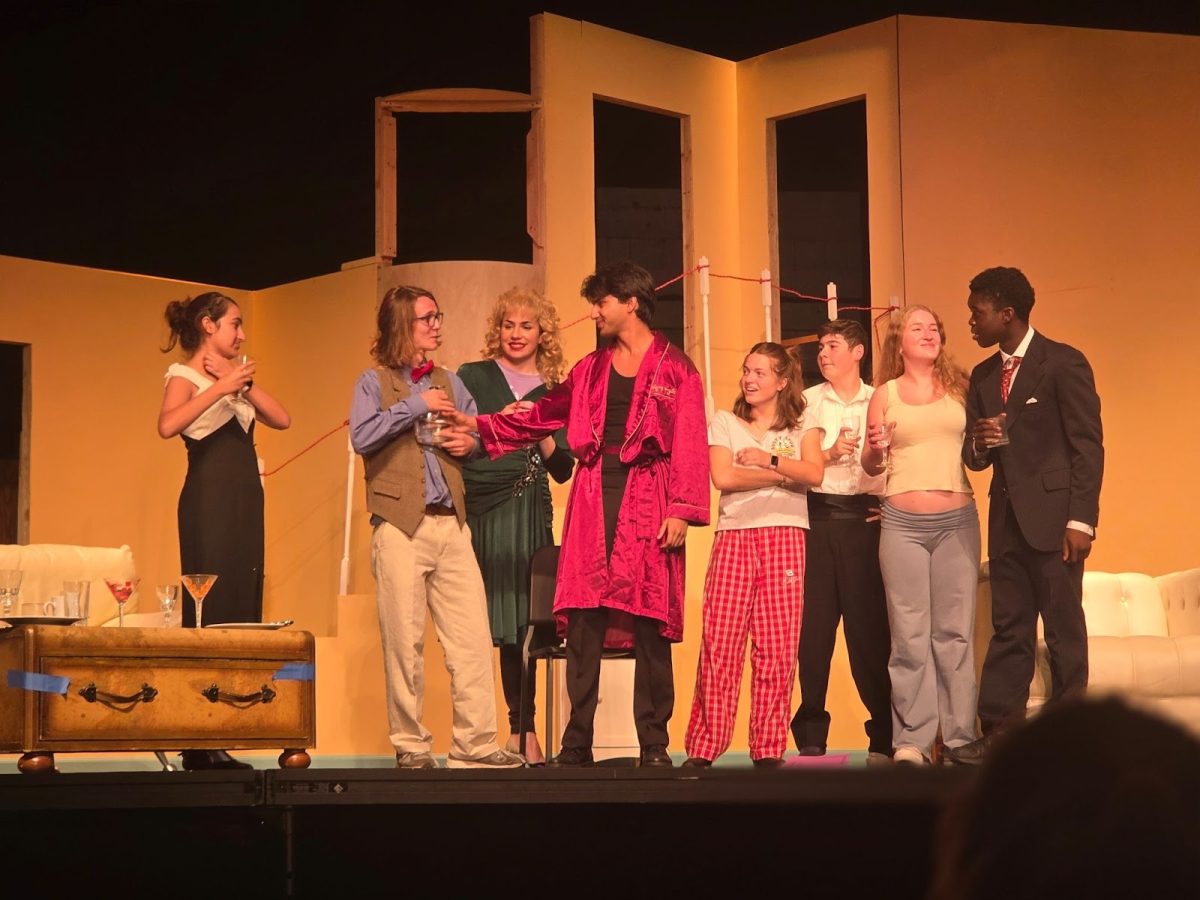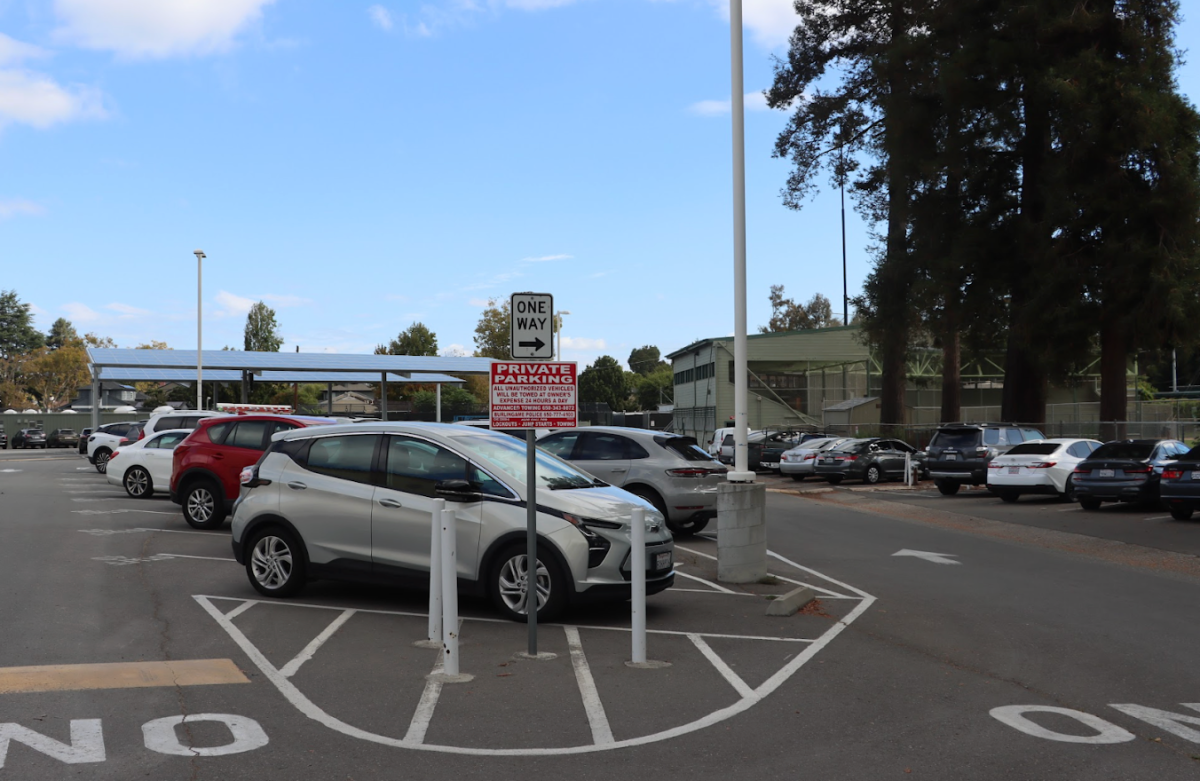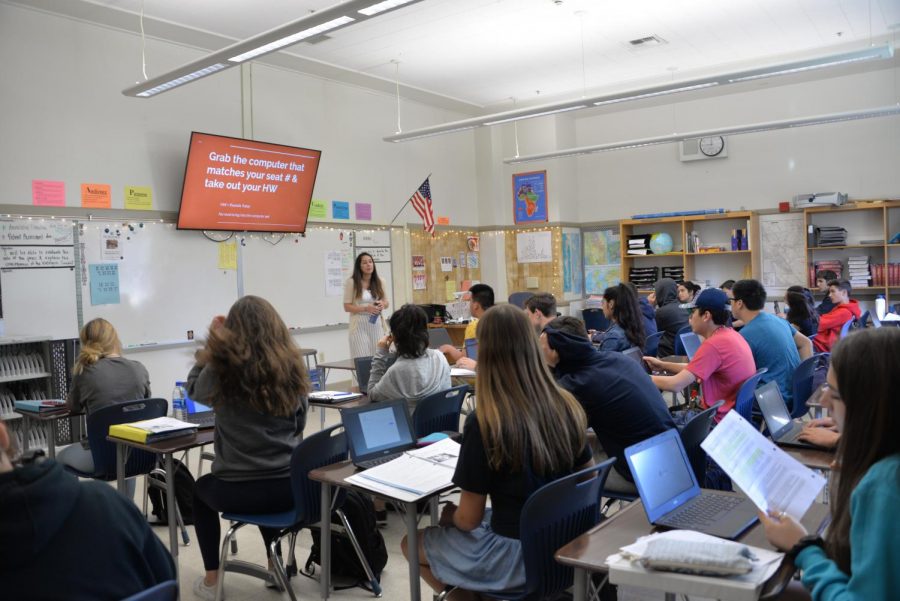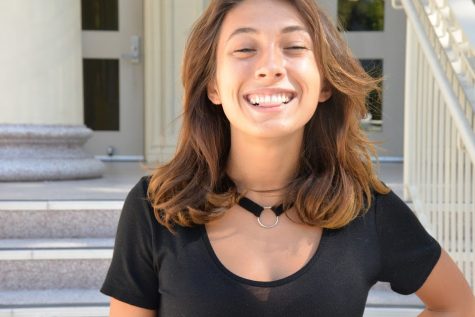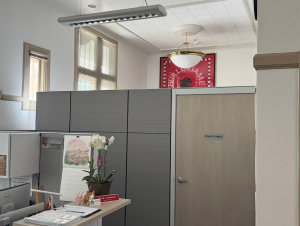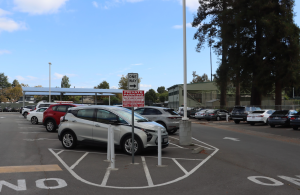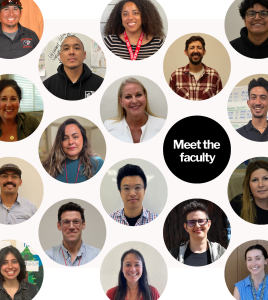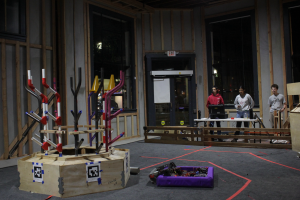Ethnic Studies coming to Burlingame
Contemporary world studies to be replaced by Ethnic Studies course
April 23, 2019
Beginning in the fall, ethnic studies will replace the contemporary world studies (CWS) course. While CWS focuses on recent historical events, ethnic studies explores the histories of race, ethnicity, nationality, sexuality and culture in relation to local and national identity.
“The emphasis is on perspectives that we don’t usually focus on, so it is more of a U.S. history from the perspective of different and often historically marginalized groups,” history teacher Alison Liberatore said. “It does have a bit of a humanities feel, so it has maybe a little bit more literature, not in the form of books, but more poetry or writings from different groups.”
Along with professional development days during the summer, the history department will have help from the outside firm Acosta Educational Partnership in Tucson, Arizona that offers “Ethnic Studies & Culturally Responsive, Sustaining, and Humanizing Education” training. The new class eliminates the option of students taking an advanced standing course. While the classes have yet to be allocated, and the history department does not know who will be instructing the course, the teachers are excited to begin this new class.
“Any new course is stressful. Especially because this isn’t a history class in the way that U.S. history is, where we kind of all have a background in that,” history department head Annie Miller said. “Any new class is stressful, but planning new classes is also the thing that teachers enjoy the most.”
The course shift results from a recent push in California educative legislation to emphasize previously unheard perspectives from marginalized minority groups.
“I think it’s the most important class to teach, particularly at Burlingame High. We have a multi-ethnic student population and yet we are known as being homogenous, and that is an inaccurate reflection of who we are. Especially when we’ve had incidents in the past few years with things like the Mills game,” Miller said. “I think working with students to understand identity is something that is exceptionally important.”
Burlingame teachers are open to staring a conversation about history from typically untold perspectives.
“Will it be uncomfortable sometimes? Yeah, because it’s real conversations, and it’s tough conversations,” Liberatore said. “If you want to create change and movement, sometimes there can be a little discomfort.”






